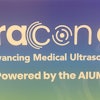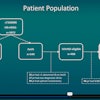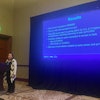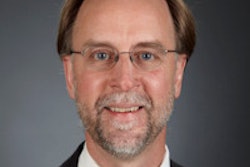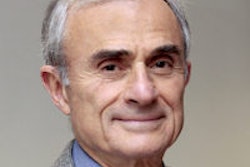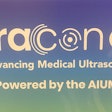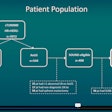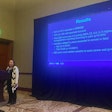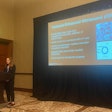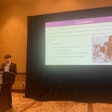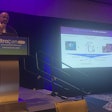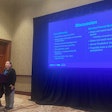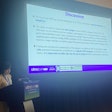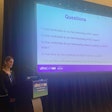When Medicare began code bundling for echocardiography scans in 2009, the move produced a sharp drop in outpatient claims from cardiologists -- which was expected. But the success of code bundling could have unintended effects for both echocardiography and other imaging exams, according to a study in the May Journal of the American College of Radiology.
In an attempt to manage imaging costs, the U.S. Centers for Medicare and Medicaid Services (CMS) has introduced new reimbursement strategies, including the bundling of CPT codes for procedures that are often performed together. Echocardiography was one of the first major examples of this, wrote Dr. David C. Levin, of Thomas Jefferson University, and colleagues.
What's the problem? If code bundling for echocardiography results in drastic enough reimbursement cuts, it could lead to the closure of private cardiology offices and a shifting of outpatient echocardiography procedures to hospitals, where costs to Medicare are considerably higher.
 Dr. David C. Levin.
Dr. David C. Levin."Our purpose was to study utilization trends in outpatient echocardiography before and after the bundling occurred to try to see whether there was any evidence of such a shift," Levin and colleagues wrote. "Although echocardiography is performed and interpreted primarily by cardiologists, any such shift could portend similar changes that might occur as bundling is more widely extended to imaging examinations done by radiologists" (JACR, May 2014, Vol. 11:5, pp. 477-480).
Levin's group used Medicare databases from 2005 to 2011, selecting all echocardiography CPT codes and identifying those exams performed by cardiologists (most of them) and where the exams took place (offices or hospital outpatient departments). The team determined volumes and utilization rates per 1,000 Medicare beneficiaries for each year before and after bundling occurred in 2009.
They found that the echocardiography utilization rate in cardiology offices rose from 219.5 scans per 1,000 Medicare beneficiaries in 2005 to 257.1 in 2008 (+17%); the rate then dropped to 100 scans per 1,000 in 2009 (-61%) because of bundling. The hospital outpatient echocardiography rate rose from 72.2 in 2005 to 76.5 in 2008 (+6%), but then dropped to 35 in 2009 (-54%). From 2009 to 2011, cardiologists' office echocardiography rate dropped again from 100 to 88.8 (-11%), while the hospital outpatient rate increased from 35 to 46.1 (+32%).
It seems that in this instance, code bundling led to the closure of many cardiology offices and a resultant shift of echocardiography from that lower-cost setting to the higher-cost hospital outpatient department setting, according to Levin and colleagues.
Some of this effect may be positive: Code bundling and the resultant shift from private offices to hospitals for echocardiography procedures may have curbed some self-referral, Levin said. But overall, it's not in CMS' best interest for echocardiography to move from private offices to hospitals, since in many cases it pays considerably higher technical fees to hospitals for imaging than it does to private offices.
"This data regarding echocardiography and code bundling is a cautionary tale, a test case," Levin told AuntMinnie.com. "Although radiologists do almost no echocardiography compared with cardiologists, code bundling has now taken place in other areas of imaging in which they are heavily involved, such as CT of the abdomen and pelvis."

